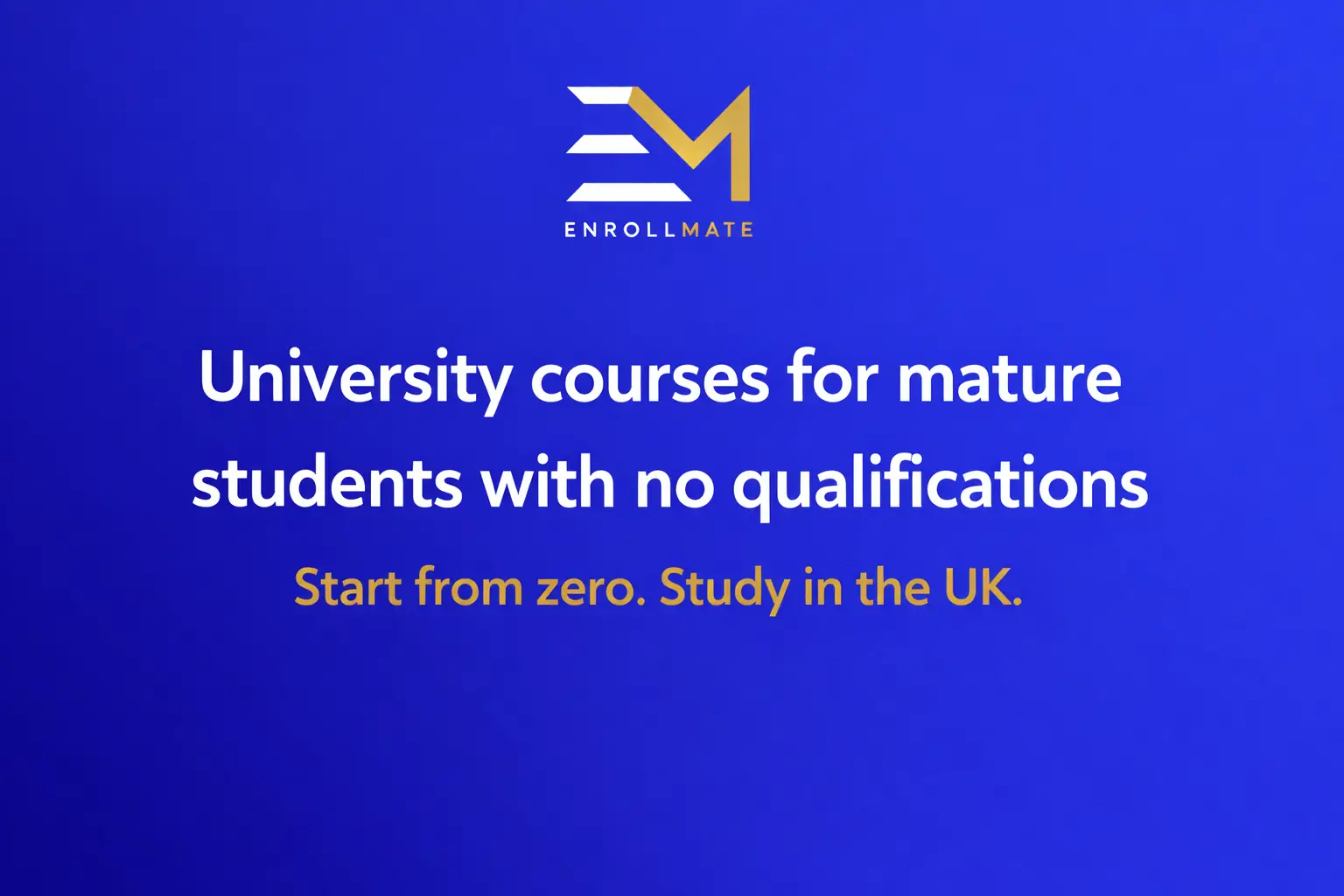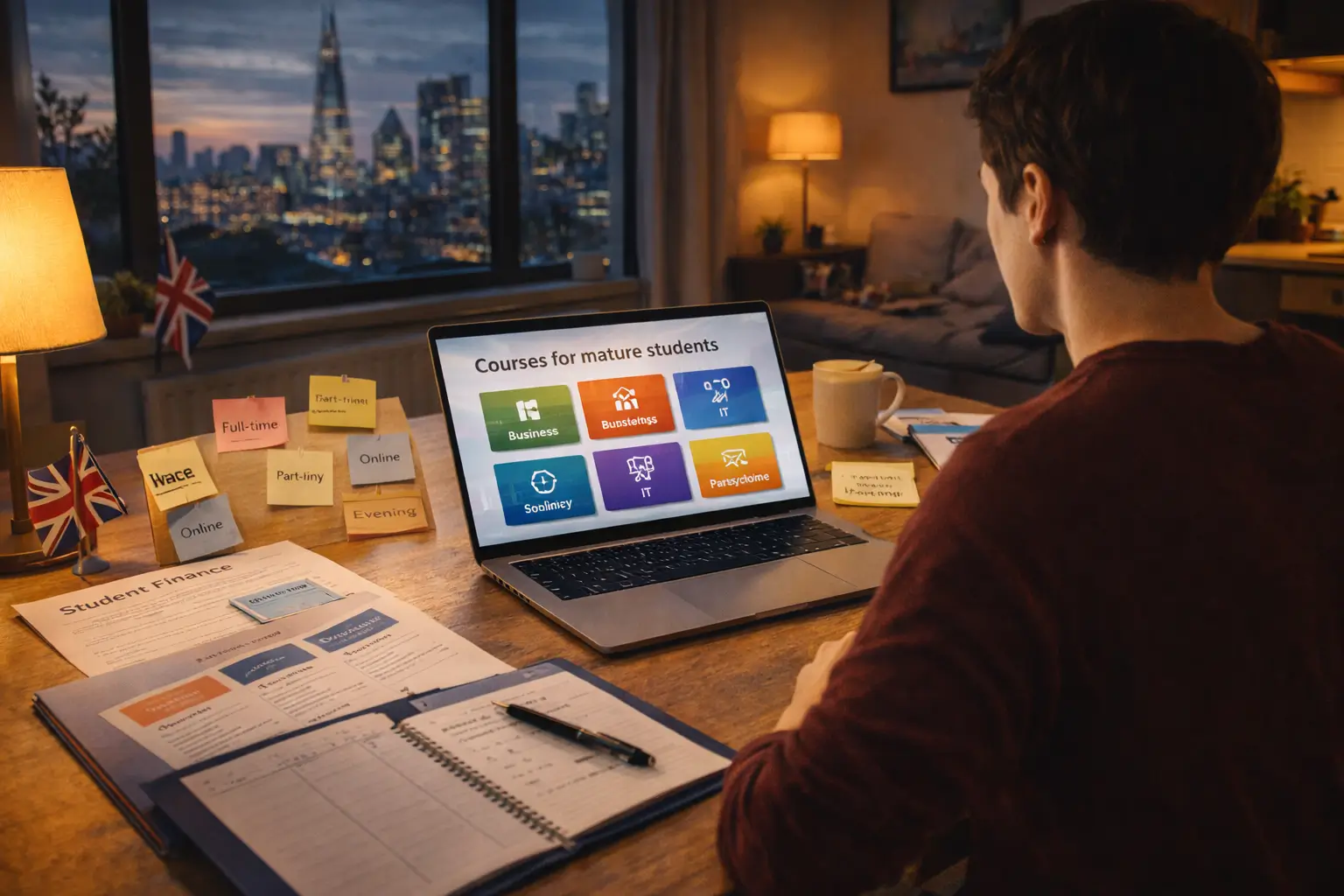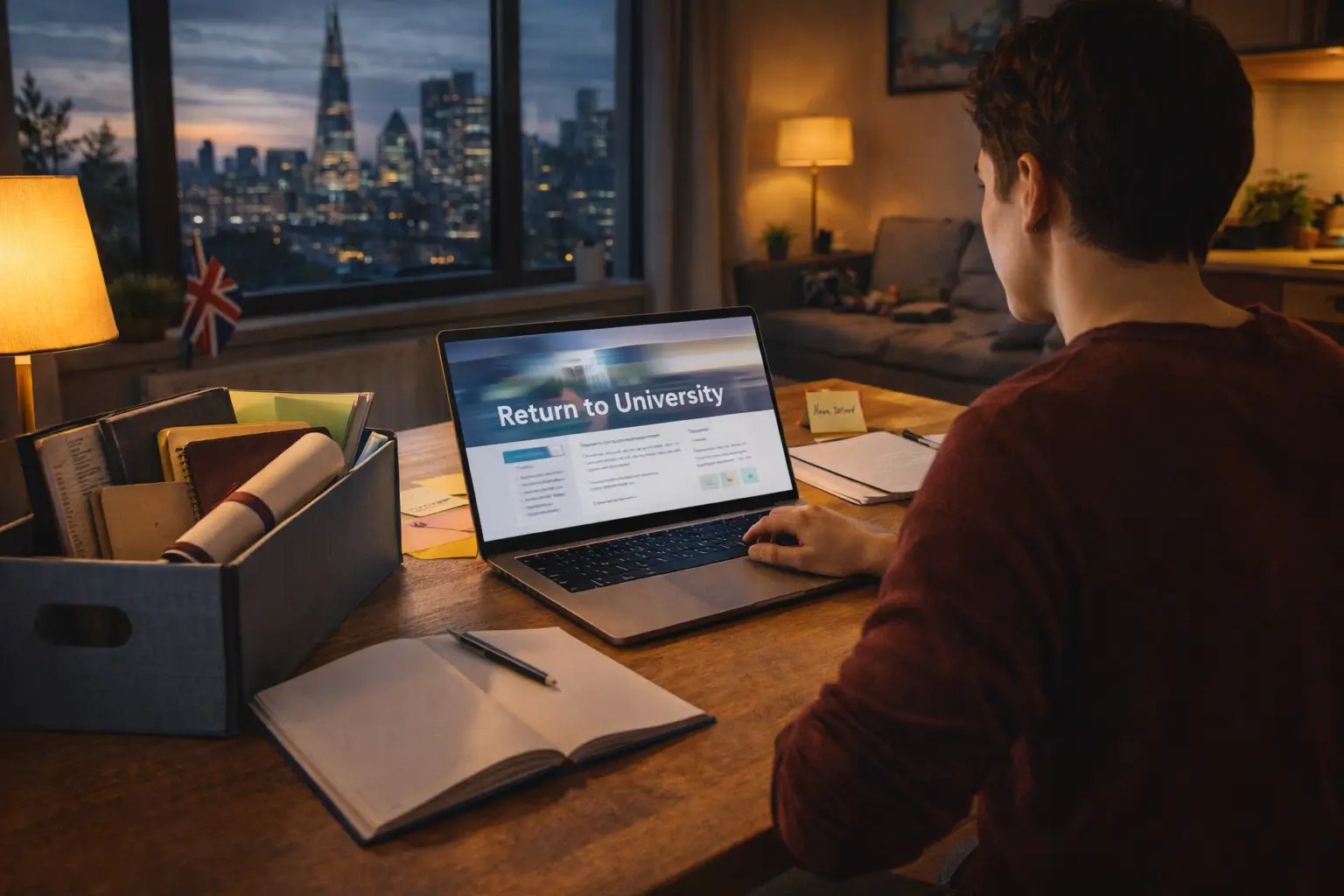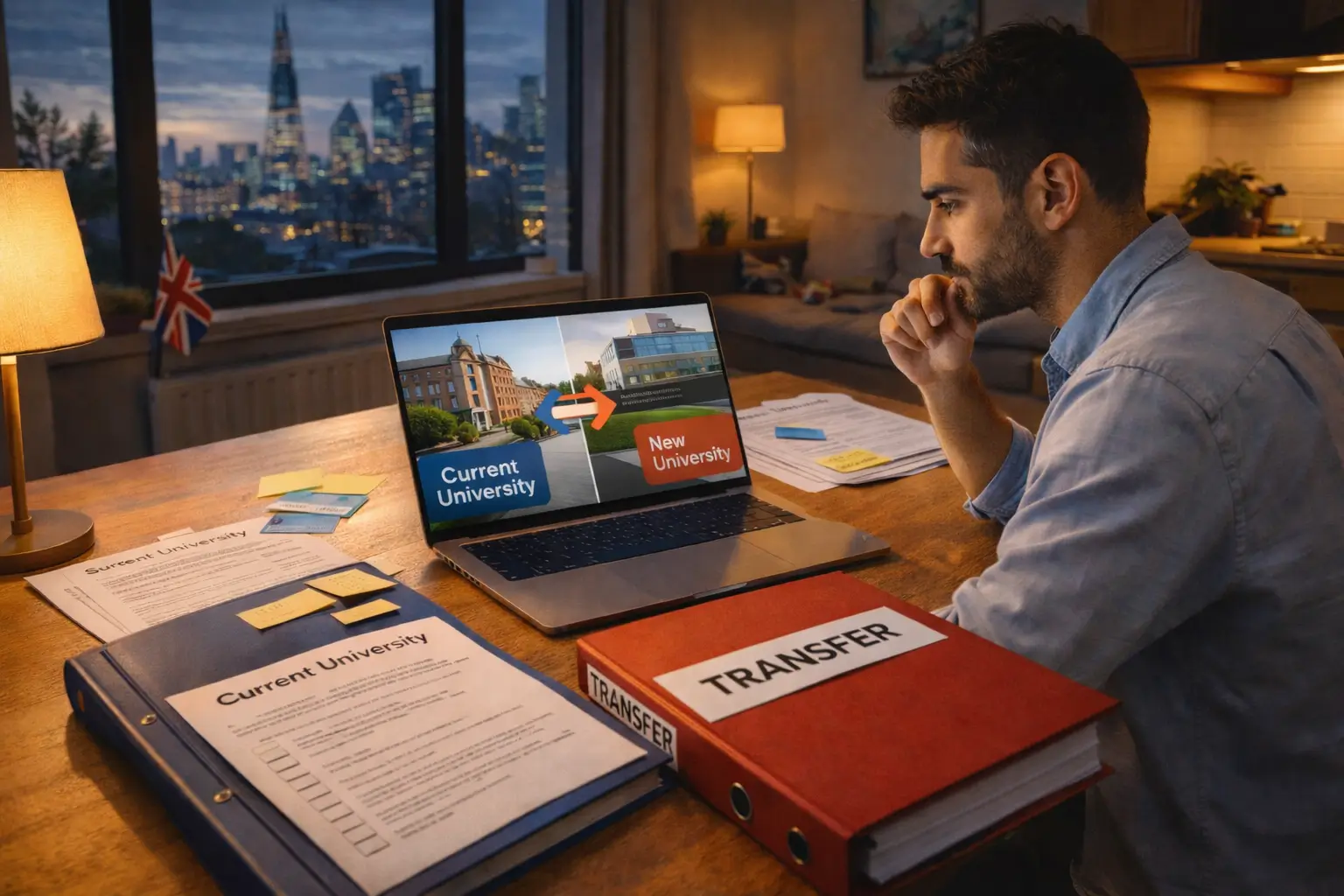How to use your life and work experience to succeed at university

Mihai Flueraru
June 15, 2025
Going to university as an adult can feel scary. But the good news is—you already have an advantage.
You’ve been through real-life situations, so you should know how to use your life and work experience to succeed at university. You’ve worked jobs, solved problems, and made tough decisions. That means you already have valuable tools to help you do well in your studies.
We’ll show in this blog how to use your professional and personal experiences to excel in college. Your experience counts, regardless of whether you have worked in an office, on a building site, or at home with a family.
Let’s dive in.

1. You know how to manage time
As someone who has worked or raised a family, you understand deadlines. You know how to plan your day, balance tasks, and deal with pressure.
At university, this skill is gold.
You can use your life and work experience to stay ahead of your assignments. Plan your study schedule like a work schedule. Set weekly goals. Stick to them. Time management will keep stress low and grades high.

2. You bring a strong work ethic
You’ve had to work hard in real life. Whether you’ve worked long hours, handled customers, or managed teams, you know what responsibility looks like.
Many younger students are still building that mindset.
Use your life and work experience to push yourself. You don’t need anyone to remind you of your goals. You’ve already learned how to be responsible, so apply that same attitude to your coursework.

3. You understand real-world context
What you learn in class can be applied to real-world situations. A business student who worked for a small business, for example, is already familiar with marketing, budgeting, and customer service. As a result, you are better able to comprehend theories and case studies than students who have no experience.
Use your life and work experience in your essays and projects. Bring real examples into your answers. This adds depth and makes your work stand out.

4. You’re good at problem-solving
Real life is full of unexpected problems. From broken boilers to work conflicts, you’ve faced your share of challenges. You’ve learned to think fast, stay calm, and find solutions.
That skill is useful at university too.
Use your life and work experience when you hit academic problems. If you don’t understand a topic, don’t panic. Find a way. Ask questions. Look up videos. Join study groups. You already know how to handle tough situations.

5. You communicate better
You’ve sent emails, made calls, and maybe even led meetings. You know how to speak clearly, listen, and explain ideas.
Use your life and work experience to ask better questions in class. Talk to your lecturers. Join discussions. This makes you more confident and helps you build strong academic relationships.

6. You know what you want
You’re not just at university because someone told you to go. You’re here with a purpose.
That’s powerful.
You can use your life and work experience to stay focused. You’ve had jobs you liked and jobs you didn’t. You’ve seen what skills are in demand. So now, you can pick the right course, do the right internships, and chase the right goals.

7. You’re better at handling pressure
Life has taught you how to deal with stress. Bills, kids, work drama, you’ve handled it all. University deadlines and exams can feel stressful, too. But you’ve seen worse.
Use your life and work experience to stay calm under pressure. You already know how to break down big problems into small steps. Use that method to prepare for tests or big assignments.

8. You can support other students
Your classmates may be younger. They may be stressed, confused, or unsure about their path. You can help them. Use your life and work experience to support them. Share advice. Be a mentor. Join study groups and help others stay focused.
Not only will this build friendships, but teaching others can also help you learn better.

9. You know how to learn in real-life
You’ve learned outside the classroom, on the job, from family, or through hobbies. That’s called informal learning, and it’s just as important.
Use your life and work experience to understand how you learn best. Maybe you’re a hands-on learner. Maybe you like videos or group discussions. Use that style to study smarter, not harder.

10. You can apply for credit for prior learning
Many UK universities offer credit for prior learning (CPL). That means your past work, training, or courses could count toward your degree. This can save you time and money. To explore this, visit GOV.UK – Credit for Prior Learning
If you haven’t checked this yet, you should. Use your life and work experience to reduce the time it takes to get your degree.

11. You already have transferable skills
You’ve already built useful skills like teamwork, leadership, and adaptability. Many university courses now include group projects, presentations, and reports. You’ve likely done all of these before.
Use your life and work experience to shine in these situations. Take the lead when others don’t know where to start. Show confidence and maturity.

12. You understand the value of education
You’ve lived without a degree. You know what doors it can open. That’s why you’re here now. You can use your life and work experience to stay motivated, even when the course gets hard. Remind yourself why you came to university. You want a better job. More knowledge. A new chapter.
You’re not just going through the motions. You’re aiming for success.

Final thoughts
University can feel like a whole new world, but don’t forget who you are. You’ve already lived through challenges. You’ve already learned so much from life and work. Now, it’s time to bring that wisdom into the classroom.
Use your life and work experience to manage your time, understand the material, support others, and build a better future.
Need more help?
If you want to find flexible UK university options that respect your work and life experience, check out EnrollMate. They help adults find the right path for higher education. You don’t have to do it alone.











